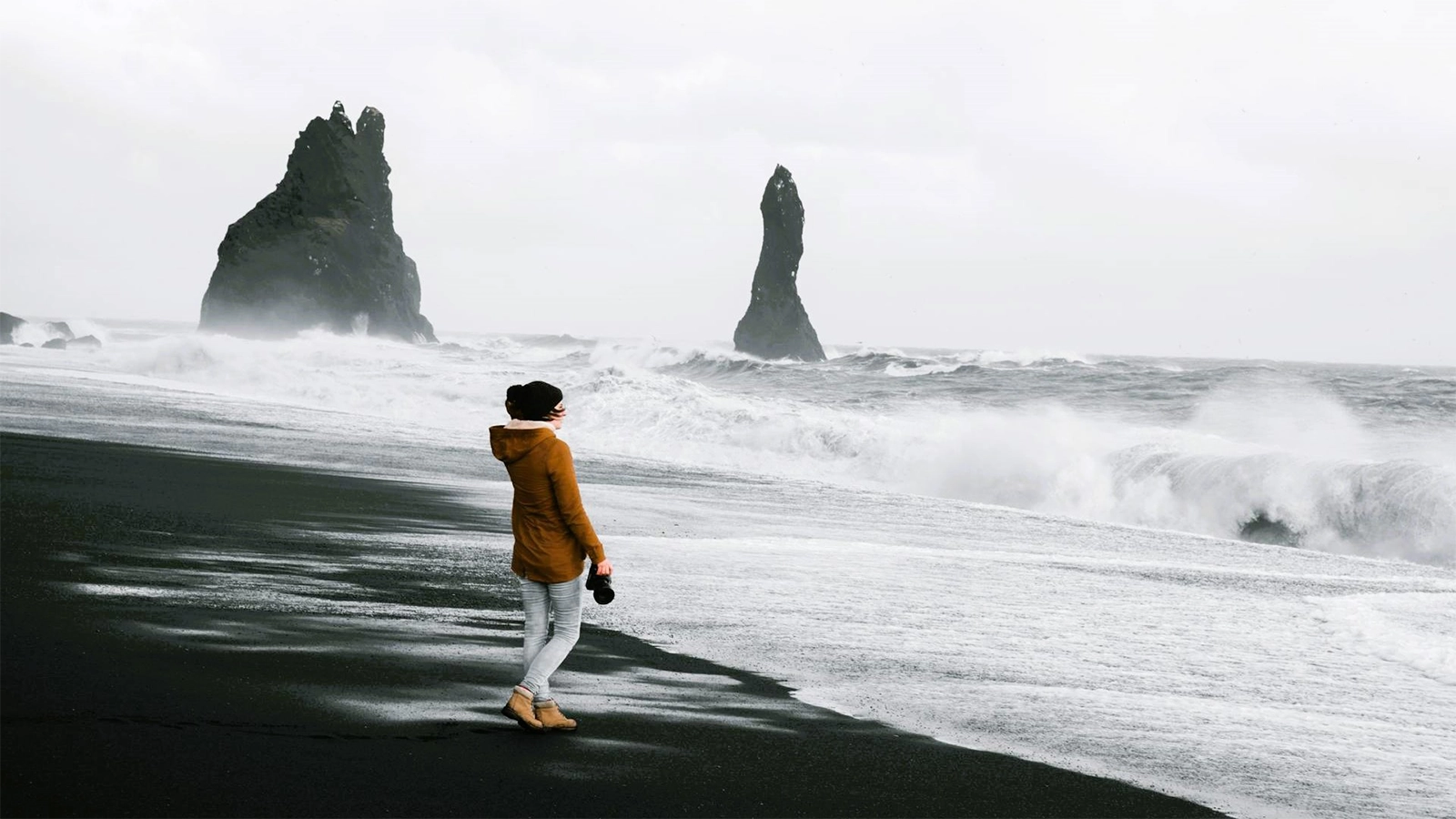Planning your trip to Iceland? Whether you are crafting your own itinerary across the Land of Fire and Ice or joining one of EastWest’s small group tours, it is important to make sure you have all the right travel documents in place and that you meet the entry requirements before your journey begins. From passports and visas to travel insurance and new systems like ETIAS, being well-prepared will ensure a smooth arrival and a stress-free start to your Icelandic adventure. In this post, we have put together a complete and up-to-date guide to help you get everything ready, especially travel documents for visiting Iceland and entry rules. Let’s make sure you’re all set before takeoff!
Do I Need a Visa to Visit Iceland?
Iceland is part of the Schengen Area, which means:
- Citizens of the EU/EEA and Schengen countries: No visa required. Just bring a valid passport or national ID card.
- Citizens of visa-exempt countries (such as the USA, UK, Canada, Australia, New Zealand, and many others): No visa required for stays up to 90 days in any 180-day period. A valid passport is required.
- Citizens of other countries: You may need a Schengen visa. Check your visa requirements on the official Icelandic Directorate of Immigration website.
Passport Validity Requirements
Your passport must be:
- Valid at least 3 months beyond your planned date of departure from the Schengen Area.
- Issued within the last 10 years.
Tip: Always double-check your passport’s expiry date before you book your flights!
ETIAS – Coming Soon for Visa-Free Travelers
Starting in 2025, travelers from visa-exempt countries will need to apply for ETIAS (European Travel Information and Authorisation System) before entering Iceland or any other Schengen country. The process will be quick and online, similar to the ESTA for the USA.
We’ll keep you updated as soon as it is implemented!
Travel Insurance
While travel insurance might not be compulsory for everyone, we strongly recommend getting coverage. Whether you slip on ice or face a weather-related delay, insurance gives you peace of mind — and that is priceless when you are exploring Iceland’s wild side.
It can help cover:
- Medical emergencies
- Trip cancellations or delays
- Lost luggage
If you are a citizen of the EU or EEA:
You do not need a visa to enter Iceland, and travel insurance is not mandatory. You can use your European Health Insurance Card (EHIC) for medical assistance, and we recommend that you carry it with you at all times.
However, keep in mind:
The EHIC does not cover everything. You will likely need to pay up front for medical services and claim the money back later. A private travel insurance policy can cover these costs immediately, saving you hassle and unexpected expenses.
If you are from outside the EU/EEA:
You will need to check whether your country is on the list that requires a Schengen visa to enter Iceland. If so, having travel insurance is mandatory, and it must include at least $ 30,000 in coverage for medical emergencies.
Iceland’s healthcare system is excellent—but it can be expensive for visitors without coverage
COVID-19 Restrictions (as of 2025)
Currently, there are no COVID-19-related travel restrictions for entering Iceland. However, we always recommend checking Iceland’s official COVID-19 travel information before departure, especially if you are traveling during flu season or have specific health concerns.
Bringing Medications
If you need to bring prescription medication to Iceland:
- Keep it in its original packaging.
- Bring a copy of your prescription or doctor’s note, especially for medications that are controlled substances.
Driving in Iceland
Planning to rent a car or join a self-drive tour?
- You’ll need a valid driver’s license (issued in Latin alphabet).
- An International Driving Permit (IDP) is only required if your license is not in English or a language using Latin characters.
Traveling to Iceland is straightforward, but it’s always best to be prepared. If you’re joining one of our tours from Reykjavík, we’ll take care of the rest—so you can focus on enjoying the stunning landscapes, delicious local food, and unforgettable adventures.
For more information about the rest of the things you cannot forget when traveling to this island, please check our post Things to bring to Iceland.
If you are more interested in getting some information about your personal safety in this country, check out our post Traveler Safety in Iceland.



